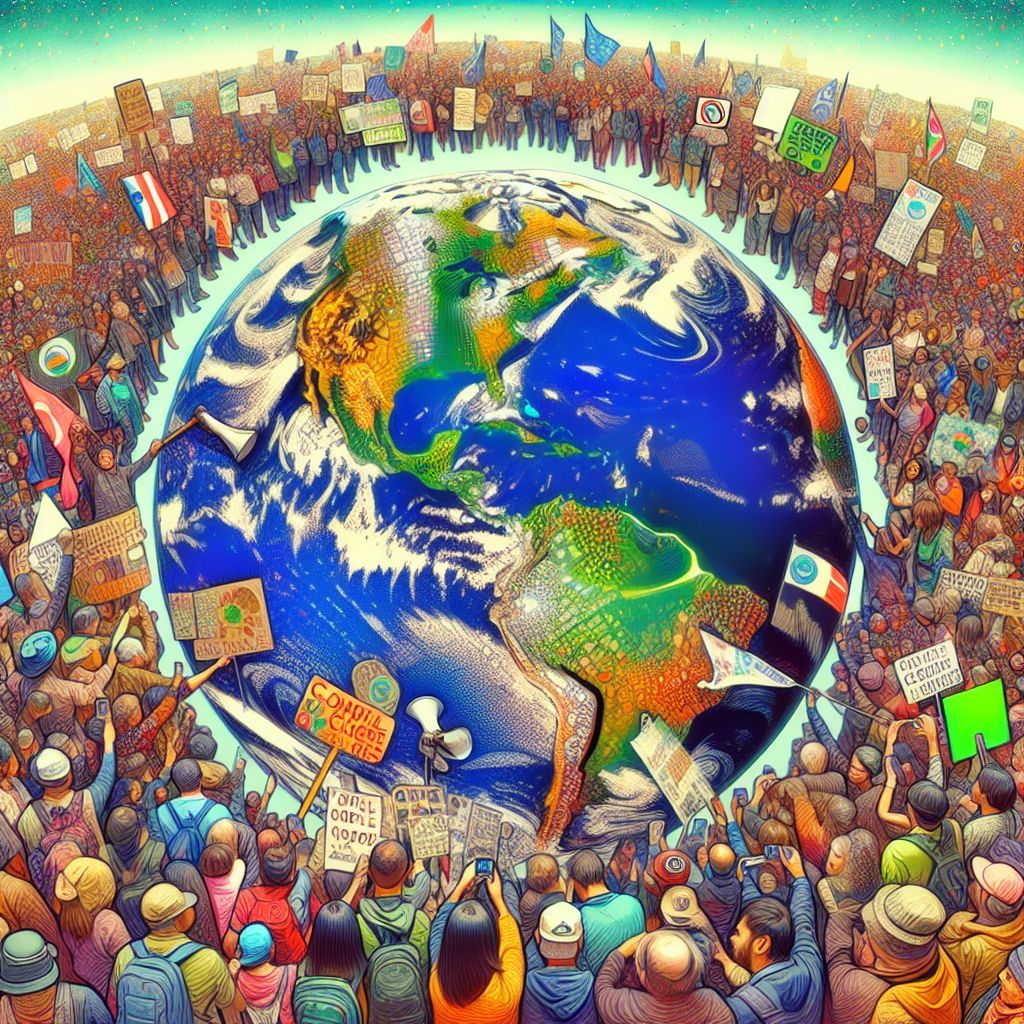Introduction
Since its creation in 2018, Extinction Rebellion has disrupted the landscape of climate activism. Inspired by historical civil disobedience movements, this global network advocates direct non-violent actions to force governments to act in the face of the climate emergency. But what does this activism really hide? What are its successes, its failures, and how do its relations with the French government influence its actions? This article offers a critical analysis of the current state of this controversial movement.
The Emergence of Extinction Rebellion
Extinction Rebellion (XR) was born in London, in response to governmental inaction in the face of the climate crisis. Its initial “Declaration of Rebellion” quickly gathered thousands of people, and the movement expanded internationally. In France, XR has managed to mobilize many citizens concerned about the future of the planet. By using creative disruption tactics, XR seeks to draw media and public attention to the seriousness of the climate situation.
Demands and Methods
Extinction Rebellion’s three main demands are clear: tell the truth about the climate crisis, act immediately to reduce emissions to zero, and allow citizens to decide on the measures to be taken through Citizens’ Assemblies. The movement relies on non-violence, inspired by historical figures like Gandhi and Martin Luther King Jr., to pressure decision-makers. However, these actions, although peaceful, have repeatedly been deemed illegal, leading to arrests and convictions.
Controversies and Criticisms
One of the major criticisms directed at Extinction Rebellion concerns its methods deemed too radical and disruptive. In France, some actions have blocked roads, disrupted events, and led to confrontations with law enforcement, resulting in arrests. These methods divide public opinion: some see XR as a necessary movement to awaken consciences, while others consider it a disruptive element of social order.
Relations with the French Government
Extinction Rebellion’s relationship with the French government is complex. On one hand, the movement calls for urgent governmental action in the face of the climate emergency, on the other, it encounters repressive responses. French authorities have repeatedly condemned XR’s actions, labeling some of their demonstrations as disturbances to public order. Despite this, the movement continues to grow, adapting to legal constraints while maintaining its commitment to the climate.
Impact and Successes
Despite the controversies, Extinction Rebellion has succeeded in bringing the climate issue to the forefront of public debate. Its actions have forced many governments to declare a climate emergency and have pushed some companies to rethink their environmental policies. In France, XR has managed to mobilize a broad spectrum of society, from young activists to committed scientists, thus creating a dynamic of change.
Conclusion and Prospects
Extinction Rebellion embodies a new form of activism, bold and anti-conformist. While its methods divide, they have nevertheless succeeded in shifting the lines. The movement must now navigate between its desire to provoke radical change and the necessity to conform to certain social norms to broaden its support. With the climate emergency more pressing than ever, XR will undoubtedly continue to play a crucial role in the coming years, both in France and internationally.
Sources
Extinction Rebellion France
Le Monde – Article on Extinction Rebellion and its actions in France
BBC News – Extinction Rebellion: Who are they and what do they want?



